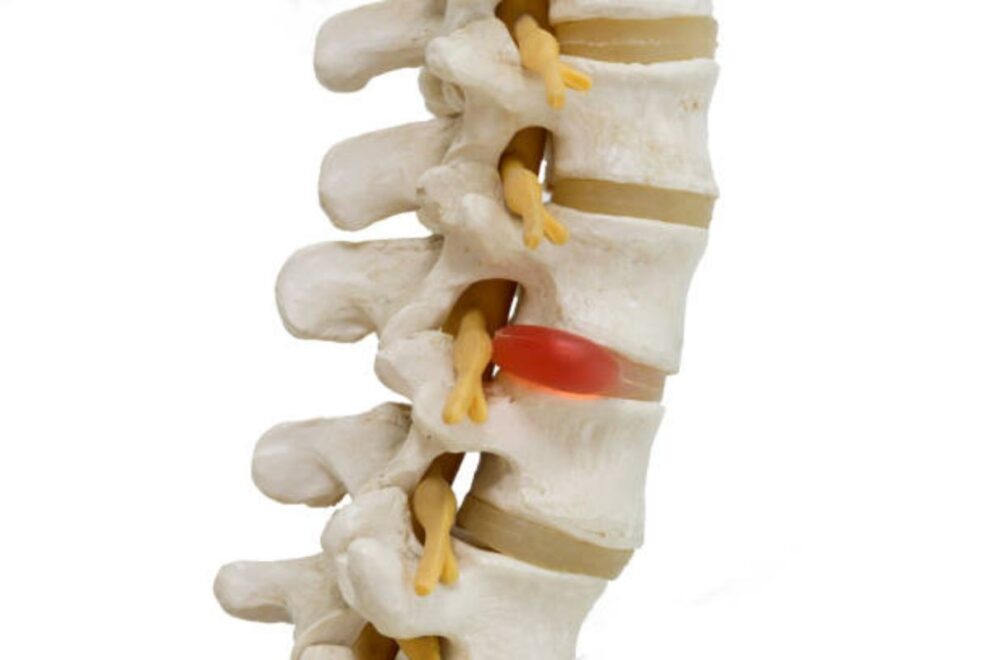Lesionectomy Treatment in India | Effective Surgical Treatment for Skin Lesions
A lesion causes seizures (is the seizure focus) in about 20% to 30% of people with epilepsy that do not improve after taking medication (intractable or refractory epilepsy). It is not known for certain if the lesion itself triggers the seizures, or if the seizures result from irritation to the brain tissue surrounding the lesion. For this reason, surgery may also include the removal


Free Doctor Opinion

Personalized care with a warm interaction with the patient
- Achieving outstanding success rates through our dedicated care approach.
- Equipped with the latest technology to ensure optimal treatment outcomes.
- Our expert team provides exceptional healthcare with experience.
- Offering 24/7 assistance for your health needs and concerns.
- Providing quality treatment at reasonable costs for every patient.
- Contact us Email ID:[email protected]
- Call us: +91 9029304141
Who Can Have a Lesionectomy ?
Surgeons generally only perform lesionectomies on people who have abnormal lesions on the brain that are the identified source of seizures.
Looking for a free cost estimate for Neurosurgery in India abroad Or email at [email protected] / Call +91 9029304141
- Have seizures that are localized to that lesion and that area of the brain
- Have lesions in an area of the brain that can be easily removed with little or no damage to brain function
- Have seizures that can’t be managed with epilepsy medications, which have been tried for at least two years prior to considering surgery
- Have lesions that need to be removed anyway, to prevent further complications such as bleeding or growth of a tumor
A lesionectomy requires exposing an area of the brain using a procedure called a craniotomy. After the patient is put to sleep, the surgeon makes an incision in the scalp, removes a piece of bone and pulls back a section of the dura, the tough membrane that covers the brain. This creates a “window” in which the surgeon inserts special instruments for removing the brain tissue. Surgical microscopes are used to give the surgeon a magnified view of the lesion and surrounding brain tissue. The surgeon utilizes information gathered during pre-surgical brain imaging to help identify abnormal brain tissue and avoid areas of the brain responsible for vital functions.Along with low risks, lesionectomy also offers great success rates in effectively controlling seizures. Success rates do vary, however, based on where in the brain the lesion is located.
Lesionectomy for lesions in the temporal lobe offer the best results, showing significant improvement in more than 80 percent of people who have this surgery. Many of those people don’t have any more seizures following lesionectomy.
How much of the lesion is removed is another factor in determining how successful the surgery is. The more of the lesion that’s removed, the better – people who only have a portion of a lesion removed do not see as great a benefit in seizure reduction as those who lose the entire lesion.
Do you have your medical reports; send us now for a free quote Or email at [email protected] / Call +91 9029304141
Read Also :-
- LASIK Surgery in India | Affordable Vision Correction Solutions
- Fertility Treatment in India – Advanced IVF, IUI, and Surrogacy Solutions
- Mosaicplasty Surgery in India: Advanced Treatment for Cartilage Repair
- Neonatal Surgery in India – Expert Care for Newborns
- MVR Surgery in India – Advanced Mitral Valve Replacement for Heart Health
- Nephrotic Syndrome Treatment in India: Advanced Kidney Care Solutions
Committed To Build Positive, Safe, Patient Focused Care.
High Quality
Care
Home Review
Medicine
All Advanced
Equipment
Book An Appointment

At We Care India, we offer complete medical services for your entire family, from routine check-ups to injury care, ensuring personalized attention and expert assistance for all your health needs.


